

Tea Trivia
Tea has more than its fair share of facts, history - and good old fashioned trivia. So brew up, sit back and turn yourself into a bit of a tea anorak.
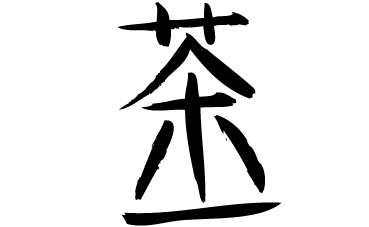
Did you know?
If you find yourself gasping for a good cup of tea in China, just ask for: 茶

Did you know?
Two Chinese pronunciations for ‘tea’ have found their way into other languages. ‘T’ comes from the Hokkien Chinese dialect, while the Cantonese ‘ch' has morphed into ‘char’ in English.
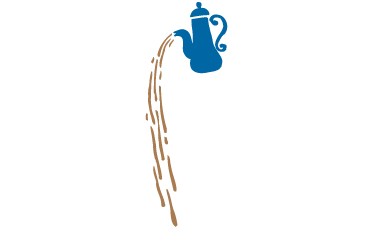
Did you know?
In North and West Africa, you often see tea being poured high above the cup. This can be to oxidise the tea and refine its flavour. Or for that matter to cool the tea down so they can drink it right away.
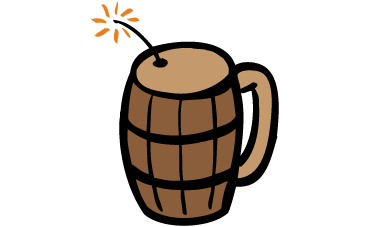
Did you know?
In Mali ‘gunpowder tea’ is served in three stages. The first, invitingly called ‘bitter as death’, is strong and unsweetened and made from fresh leaves. Then comes ‘pleasant as life’ when the same leaves re-boiled with some sugar. Then the leaves are boiled yet again with more sugar to serve up the final ‘sweet as love’ stage.

Did you know?
In Southeast Asia, particularly Malaysia, they enjoy ‘teh tarik’ tea. They add condensed milk to black tea, pour it from high above, and create a milky frothy head.
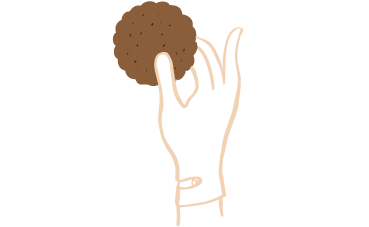
Did you know?
1841: ‘The Etiquette of Modern Society’ urged thoughtful hostesses to provide biscuits with tea, since “these can be eaten more easily than sandwiches without removing one's gloves.”
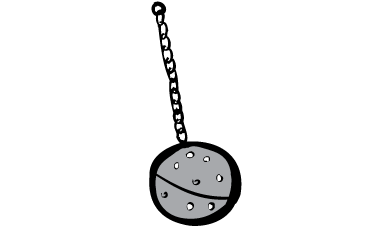
Did you know?
Early versions of the tea bag included tea eggs and tea balls. These perforated metal containers were filled with loose leaves and immersed in boiling water. You then removed them with an attached chain.

Did you know?
Tea is good for your teeth. It’s a natural source of fluoride that can help protect against tooth decay and gum disease.
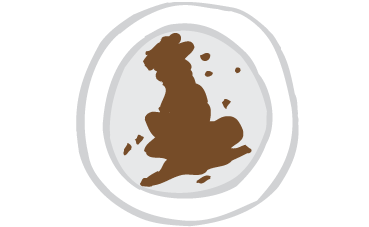
Did you know?
96% of all cups of tea drunk daily in the UK is brewed using tea bags.
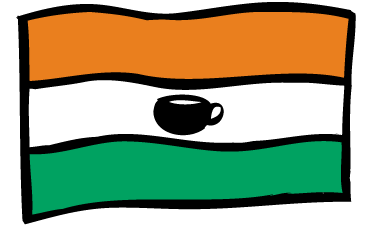
Did you know?
Apart from tourism, tea is the biggest industrial activity in India.
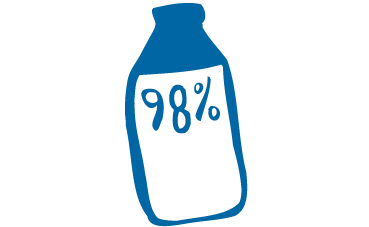
Did you know?
98% of people take their tea with milk, but only 30% add sugar.

Did you know?
The art of reading tea leaves has its own name: ‘Tassology’.
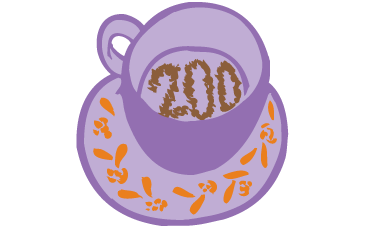
Did you know?
There are over 200 possible signs that tea leaves can leave in your cup.
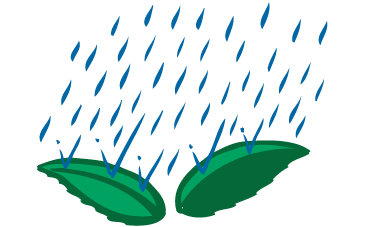
Did you know?
If you want to grow tea, head for a warm, humid climate with at least 100 centimetres of rainfall a year.
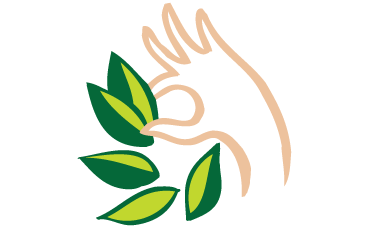
Did you know?
Only the top two leaves and a bud are plucked from the sprigs.
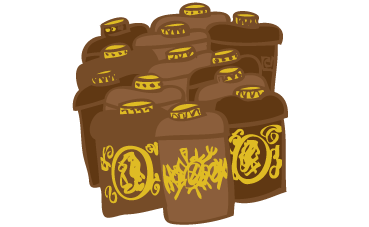
Did you know?
There are approximately 1,500 different varieties of tea.
